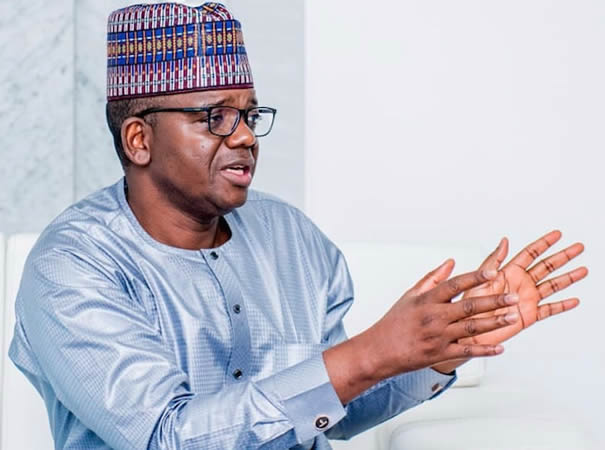The Zamfara State Community and Social Development Project (CSDP), says it has provided financial support to various communities in the state.
The CSDP, a World Bank-assisted project, said the support was for the implementation of 744 micro-projects worth N2.063 billion.
Alhaji Garba Muhammad, General Manager of the state CSDP, made the disclosure at an interactive session with the National officials of CSDP.
Read Also: God’s promise for Nigeria seems impossible – Osinbajo
The CSDP team was led by Mr. Niyi Oduneye, the Head, Monitoring and Information Management, Federal Project Support Unit, on Monday in Gusau, Zamfara State.
Muhammad explained that the state was one of the pioneer states for the project in the country, adding that the main areas of intervention were education, provision of health facilities, and water.
According to him, educational projects took about 60 percent of the resources that CSDP gave to communities to execute projects.
“From July 2009 to September 2020, CSDP has assisted 262 communities and groups to implement 744 projects at the total cost of over N2.063 billion.”
He explained that the project was to improve poor people’s access to social and economic infrastructure while increasing the availability and management of development resources at the community level.
Earlier, Oduneye disclosed that the Federal Government recently signed an intervention where Zamfara was expected to benefit around 20 million dollars.
He stated that the CSDP had been strategically positioned to anchor the upcoming intervention projects.
He, however, commended Zamfara communities for showing interest in development, adding that CSDP would continue to play a vital role to curtail youth restiveness by engaging them with skills.
The News Agency of Nigeria (NAN) reports that the CSDP is one of the developmental projects in the country’s World Bank portfolios, using a Community-Driven Approach, by which communities are the drivers of their project needs.
The project provided 90 percent of the funds for projects, solely initiated by poor communities, for which they contribute the rest 10 percent in cash and in-kind.

